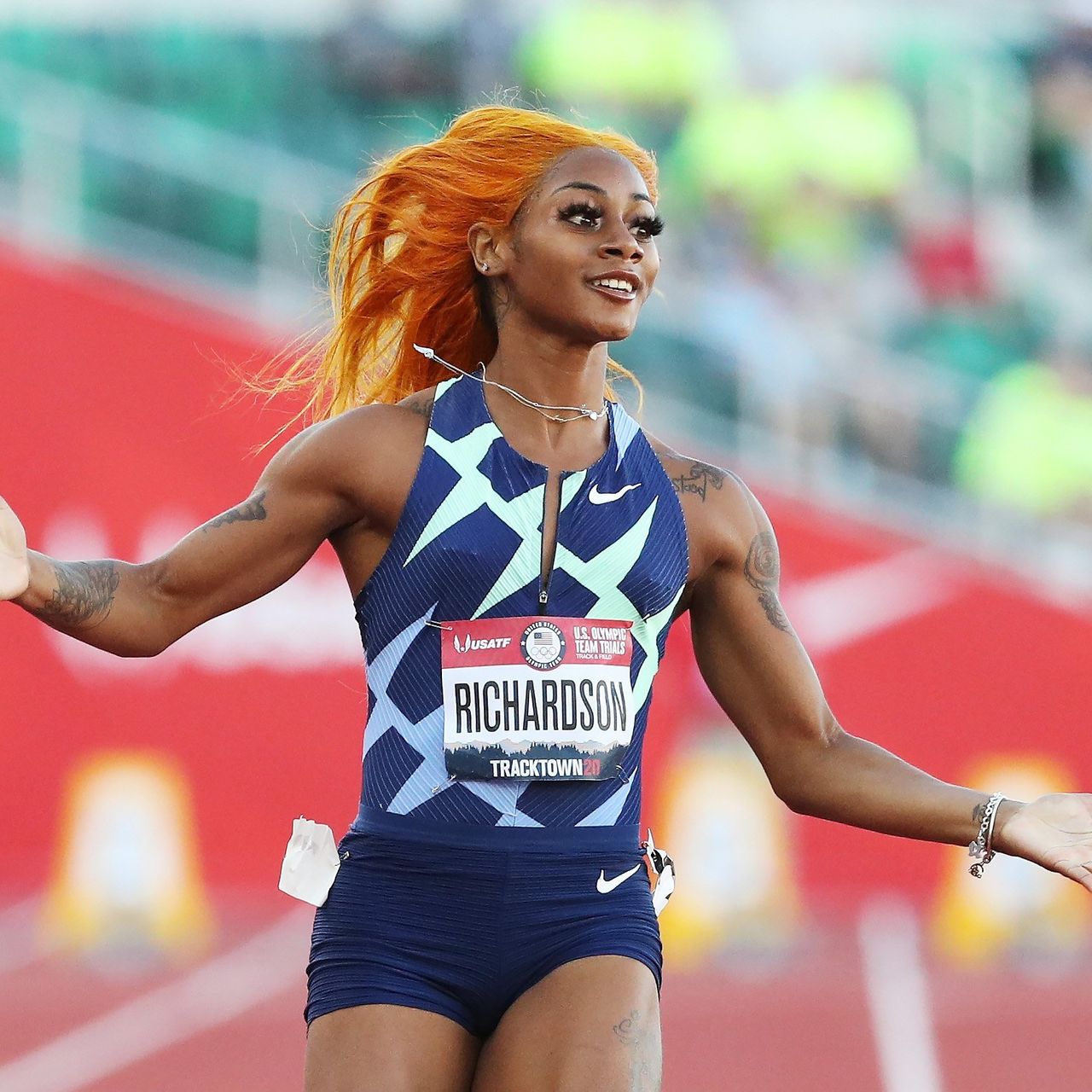
The War of Drugs
Growing up in the 1980’s I spent a considerable amount of time watching television. Admittedly, I watched more television as a child than at any point of my adult life. One of the things I remember vividly were the multitude of messages that encouraged my generation to “Just Say No” to drugs. The mid 1980’s saw an unprecedented crack epidemic, which destroyed inner city communities across the country. The effects of this are still apparent from Watts, CA to Newark, NJ and beyond. As a child growing up in New York City I was made aware of the dangers of crack cocaine and heroin. I was also taught that marijuana was also a dangerous and addictive substance that could potentially ruin my life in the same manner that crack could potentially do. We were taught that it was “the gateway drug”. As a youngster I didn’t have the capacity to understand the nuanced complexities of drug use. I also didn’t have enough information to form a proper critical analysis of these matters. Yet, I understood that drugs were bad because everyone from Zach Morris to The Teenage Mutant Ninja Turtles told me so.
As an adult I personally declassified marijuana as a harmful drug because of its natural composition and healing capabilities. Unlike meth and cocaine, weed is literally something that comes from the earth. Music was also a catalyst to this shift in perspective as the worlds of hip-hop and reggae offered a multitude of messages that reinforce the positive aspects of marijuana. Early in adulthood I also unstood that marijuana was quite popular amongst the masses in an underground and covert manner. I was happy to be part of this subculture although I knew my participation would clash with some of the conservative ideals I was raised on. When I completed my undergraduate studies in 2002 I also understood that my relationship with marijuana could jeopardize some of my employment prospects.
Cannabis And Consequences In Pro Sports
In 2021 The world of professional sports does not fully embrace cannabis. Various sports leagues around the globe prohibit its use. Sha’Carri Richardson is a world class sprinter whom many consider to be one of the world’s fastest women. In recent months her name has circulated in the press and on social media. Most recently she delivered an uncharacteristically poor performance at the Prefontaine Classic, finishing in ninth place in competition. Earlier this year many outside of the world of track and field became familiar with her as she made headlines for her suspension from Olympic competition. Track and field enthusiasts anticipated this 21 year old would potentially dominate in the women’s 100 meter and 200 meter events at the 2021 Summer Olympics in Tokyo. Unfortunately for Sha’Carri and her fans she was suspended from Olympic competition in July, 2021 after testing positive for marijuana.
When the news of her suspension hit the public it generated a wave of scrutiny. Some expressed disappointment in the Olympics for suspending a rising star for an offense that many consider a non offense in today’s cultural landscape. A subsequent whirlwind of banter flooded social media with fans projecting their disappointment in her, deeming her foolish, irresponsible and selfish. There is a segment of society that could not find the will to empathize for this young woman. Sha’Carri later revealed that she used marijuana to cope with the recent loss of her mother.
Some casual fans were perplexed as to how marijuana would constitute suspension. While marijuana is not considered a performance enhancing substance like steroids or HGH, several nations in Olympic competition have strict laws which criminalize cannabis use. The USADA also lists cannabis as a prohibited substance.
Standing at 5’1” and hailing from Dallas,TX, Sha’Carri’s physical appearance is as bold and unapologetic as her ability to torch her competition. She wears her hair in bold colors and sports brightly colored fingernails similar to the 1980’s track and field legend, Florence Griffith Joyner. She’s an inspiration to many, especially Black girls and women. Sha’Carri’s story could be a case study for a variety of essay topics. Her story is the latest addition to the lengthy historical saga of America and the Black athlete. Black athletes have often struggled to gain full acceptance in American society. Oftentimes these individuals are easily misunderstood. And these athletes are often one mistake away from being labeled as a thug or buffoon. In order for them to be marketable and appealing to mainstream white America they must demonstrate excellence in their sport and their conduct off the field shouldn’t be that of a “trouble maker”. Inability to cultivate this image could severely limit an athlete’s earning potential.
Sha’Carri’s story is also an expression of the long and complex history of cannabis and American culture. In the last 10 years states across the U.S. have created policies which legalized cannabis for medical and recreational use. As the social stigmas associated with cannabis slowly fade there are countless people like Sha’Carri’s working in professions where cannabis use can put their career at risk. Educators, executives and engineers are amongst the variety of the population who partake in regular consumption.
The Time Is Now
Attitudes towards cannabis have shifted dramatically in the past 50 years. The new cultural narrative is still being constructed and athletes will play an important role in normalizing healthy and responsible cannabis use amongst adults. In the past professional athletes who used cannabis had to do so in a very strategic and clandestine manner. No longer rellegating their cannabis use to the shadows, celebrated athletes like Allen Iverson, Mike Tyson, Kareem Abdul-Jabbar and Michael Phelps are taking a public pro-cannabis stance. When athletes use their platforms to promote progressive cannabis legislation and participate in cannabis enterprise, it informs the societal shift towards acceptance.
In December of 2020 NBA Commissioner Adam Silver announced his league would no longer test players for marijuana. The NBA’s decision is the latest in an ongoing trend in American pro sports as MLB, NFL and NHL have all introduced new guidelines which are more lenient and accepting of athletes who use cannabis.
The life of a professional athlete isn’t necessarily easy. While many enjoy fame and high salaries, athletes must endure rigorous training, and the challenge to consistently perform at new peak levels. Injury and rehabilitation are also intrinsic aspects to sports. Injury is oftentimes a pathway to prescription drug usage and addiction. America is in the midst of an ongoing opioid crisis and many athletes view cannabis as a safe and enjoyable alternative to painkillers such as OxyContin.
It is incumbent on athletes to leverage their fame and platform to generate streams of income that outlast their active playing years. Platforms like Twitter, Instagram and YouTube grant fans a level of unprecedented access to their favorite stars. Many athletes consider their participation in social media to be a key component in the development of their personal brands. But the world of social media can be troublesome, cruel and unforgiving. Bear in mind athletes are essentially people in society faced with all the nuanced complexities of being a human being. Some come from broken homes and had to overcome drastic circumstances to reach the pros. Many athletes have trouble coping with anxiety, PTSD and depression. Athletes from previous generations also didn’t have to face the psychological and neurological effects of living underneath the microscope of the 24 hour sports news cycle and social media. Last year the great Michael Jordan made a statement where he expressed his uncertainty whether he would have been able to deal with social media scrutiny during his playing career.
A Natural Healing Vibe
I view cannabis as a sacred and healing plant that is enjoyed and revered by countless people throughout the world. It is literally a plant that is here to help people and the planet. Individuals who consume cannabis represent a wide spectrum of professions, religions and identities. It is said that marijuana can provide effective relief for pain, anxiety and fatigue amongst other ailments. When used recreationally many enjoy the range of thoughts and feelings associated with cannabis.
Athletes should have the ability to use cannabis responsibly without fear of suspension, fines or adverse public scrutiny. We must not repeat the patterns of the past where athletes are shunned for cannabis use. People use cannabis for a multitude of reasons. There are people who smoke weed and are inspired to write or create art. There are some who smoke a spliff and develop a more sustained ability to focus and concentrate. Marijuana is known to induce feelings of upliftment and can compel a person to sing, dance or laugh.
As We Peer Into The Future
The normalization of cannabis in society is an ongoing process and education is essential. We need to nurture critical discourse on this and a multitude of matters that affect the future of humanity. By my estimation it shall take a few decades for society to rid itself of any and all forms of demonization aimed towards this plant and the people who love it. To undo the injustices of the past we must continue to use our collective voice in efforts that bring forth justice. This includes the release and expungement of those incarcerated for marijuana related offenses.
As a journalist I feel compelled to ask readers to ask themselves the following questions: Is society ready to fully embrace cannabis? How did the War on Drugs shape our societal attitudes towards marijuana? What are your personal thoughts on cannabis and cannabis legalization? How much of our opinions on cannabis are shaped by limited information and propaganda?






